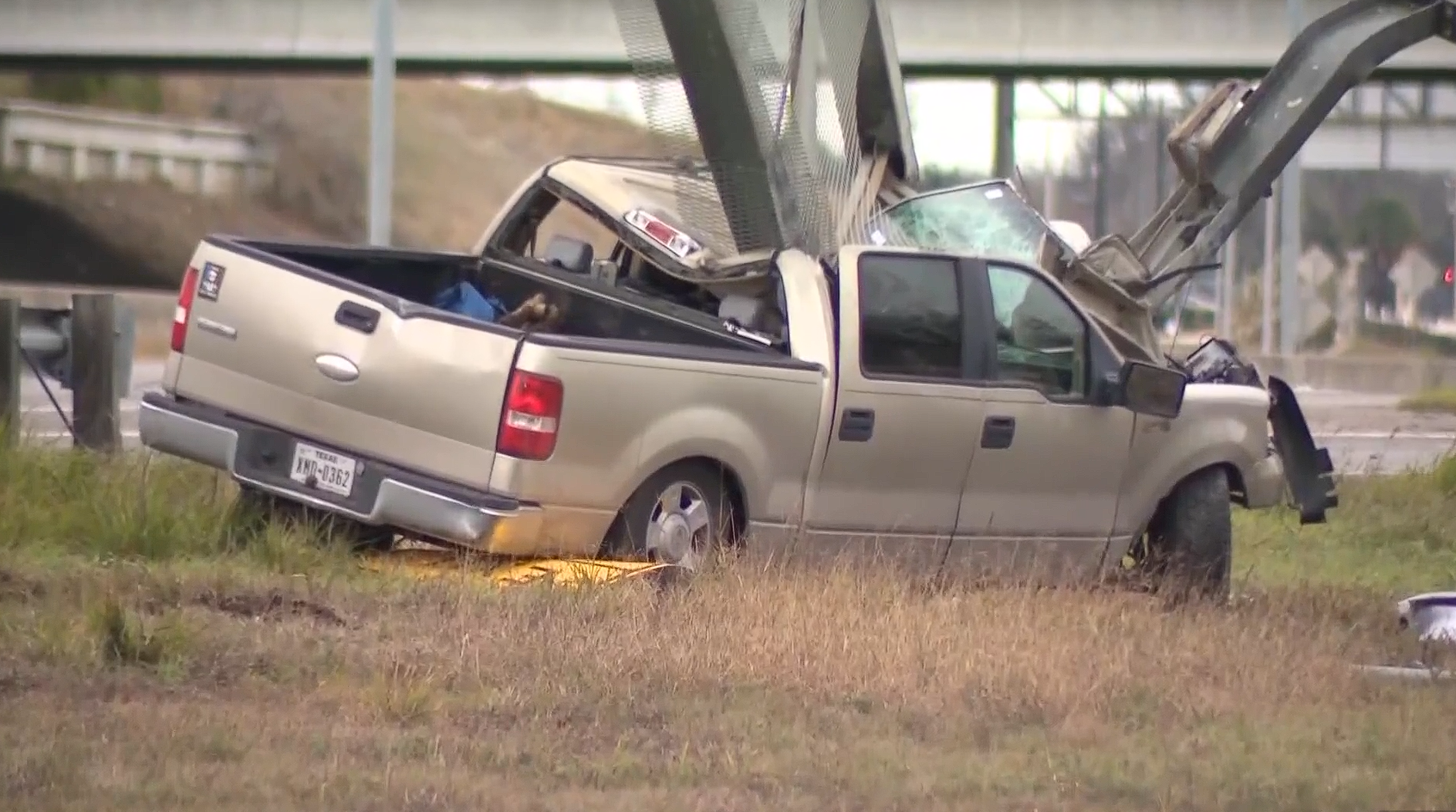Many people correctly assume that teens, the least experienced drivers, are the age group most likely to be involved in a fatal car accident. What people may not realize, though, is that seniors have the second-highest car accident death rate — even though they drive significantly less and are generally much safer drivers than other age groups.
According to the CDC, seniors are more likely than any other age group to wear seat belts, obey speed limits, and not drive impaired. Yet 16 seniors die from car accidents and almost 700 are injured every day. In fact, the risk of dying from a car crash increases dramatically after age 70 and is highest at 85 and beyond, AAA reports.
Unique Problems Seniors Face While Driving
One problem, according to AAA, is that even though American seniors tend to limit themselves to safer driving conditions (during daylight and good weather), they’re simply outliving their ability to drive safely — often by as much as 7 to 10 years. Weaker muscles and decreased flexibility make turning the wheel, pushing pedals, and checking blind spots more difficult, and many seniors are also unaware of potential effects their medications may have on driving ability, which makes their time on the road more dangerous for both themselves and others.
Other age-related issues can also impair seniors’ ability to drive safely. For instance, the CDC reports that with age, eye disease becomes more common, peripheral vision becomes poorer, and the eyes need more light as well as more time to adjust to changes in light — all of which can severely hamper a person’s ability to drive safely. Likewise, hearing loss can cause an older driver to miss horns or sirens that signal danger.
Diabetes, sleep apnea, and other health problems that are common in seniors can cause fatigue and lead to drowsy driving, while arthritis, Parkinson’s disease, and other problems with strength, range of motion, flexibility, or coordination can impair performance behind the wheel. Cognition issues may create danger, too; when seniors become overwhelmed or struggle with decision making, reaction time, or memory, it can greatly affect their ability to drive safely.
Seniors Are Also at a Higher Risk of Injury in Car Crashes
Although some of the factors listed above increase seniors’ risk for a crash, they aren’t the primary reasons the death risk for seniors in car accidents is so high. The main problem is that seniors are more likely to suffer injuries in a collision of any severity and at any speed, according to AAA, and they are much more likely than any other age group to die from these injuries. The risk of post-accident medical complications is also higher for seniors, and their recovery times tend to be longer as well. Overall, car accidents are the second most common cause of injury to seniors, according to the CDC.
Several factors combine to make seniors more vulnerable to fatal injuries in a crash. Bones tend to become more fragile with age, so they break more easily and heal more slowly. Meanwhile, conditions like diabetes or heart disease, which are common among seniors, can complicate a post-accident recovery.
How to Improve Driving Safety for Seniors
All drivers, including seniors, should take steps to decrease the risk of a deadly or debilitating car accident. The CDC lists several important tips to improve your odds of avoiding a crash when on the road:
- Try to drive mostly during the day and in good weather.
- Keep a safe stopping distance between yourself and the car ahead of you. Contrary to a popular rule that says you need 3 car lengths between you and the vehicle ahead of you, you should give yourself at least 6 car lengths of space at 30 miles per hour and 23 car lengths when going 70!
- Plan your route ahead of time. Choose roads that are well-lit and less traveled, and that have easy access to parking. Try to only make left turns at intersections with a dedicated left turn lane and signal.
- Eliminate distractions, and never drive if you are feeling unwell or if your reflexes and judgment are impaired.
- Exercise regularly to increase strength and flexibility, and always wear eyewear with the proper prescription if you require it.
- If you’re not able to drive safely, then use public transportation or ask someone else to drive.
Crosley Law: Advocating for Car Accident Victims of All Ages
No matter how safe a driver you are, you can’t control what other people do on the road, and there’s no way to eliminate the risk of being involved in a car crash. If you are injured by another driver, you may be able to collect damages, even if your injuries are made worse due to a pre-existing condition.
If you have lost a loved one or have become injured due to someone else’s unsafe driving, Crosley Law Firm may be able to help. You can get in touch with our offices using our convenient online form, or you can give us a call at 210-LAW-3000 | 210-529-3000. We offer free consultations so you can tell us the details of your story, and we are happy to offer you candid legal advice that applies to your unique situation. If we’re able to take your case, then you won’t have to pay anything unless we win your case in court or achieve a settlement.
References
Centers for Disease Control and Prevention. (2016, March). Older drivers in the workplace: How employers and workers can prevent crashes (publication no. 2016-116). CDC. Retrieved from https://www.cdc.gov/niosh/docs/2016-116/pdfs/2016-116.pdf
Facts & research. (2017). American Automobile Association. Retrieved from http://seniordriving.aaa.com/resources-family-friends/conversations-about-driving/facts-research/
Older adult drivers. (2017, April 7). Centers for Disease Control and Prevention. Retrieved from https://www.cdc.gov/motorvehiclesafety/older_adult_drivers/index.html









